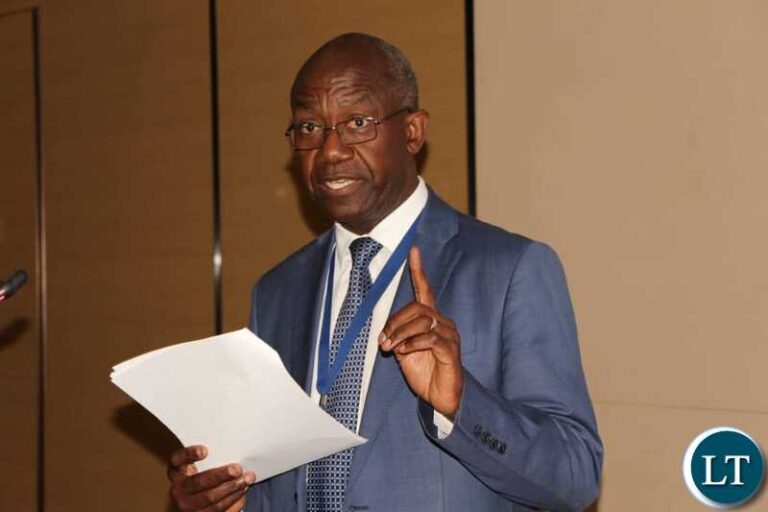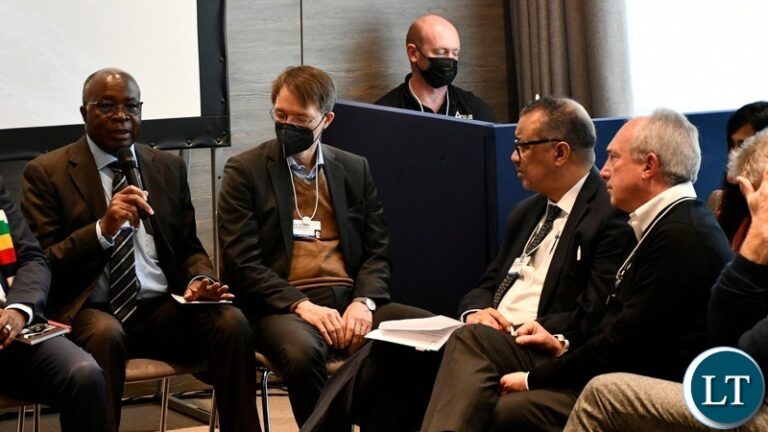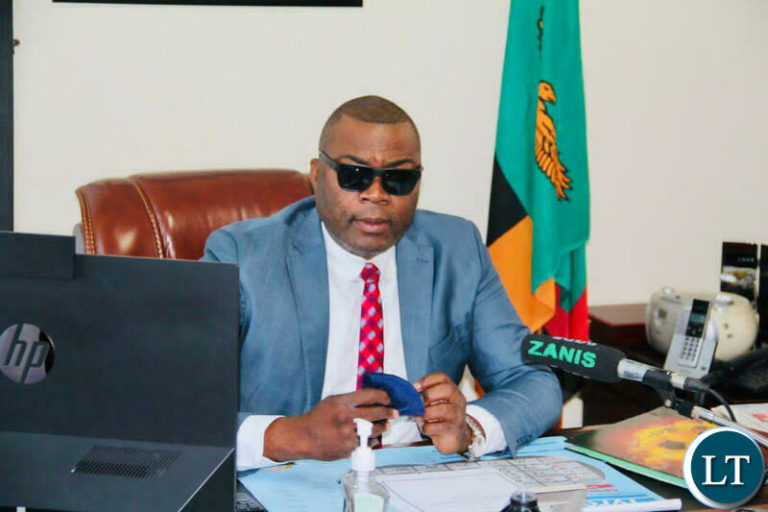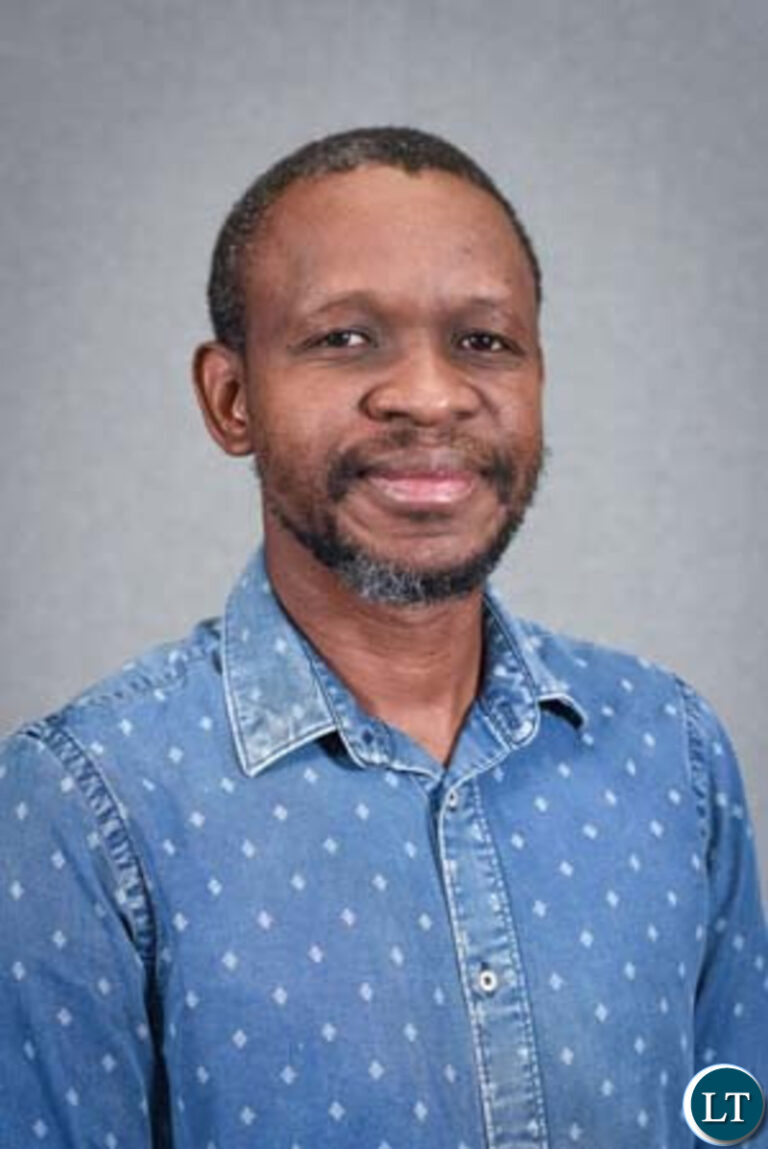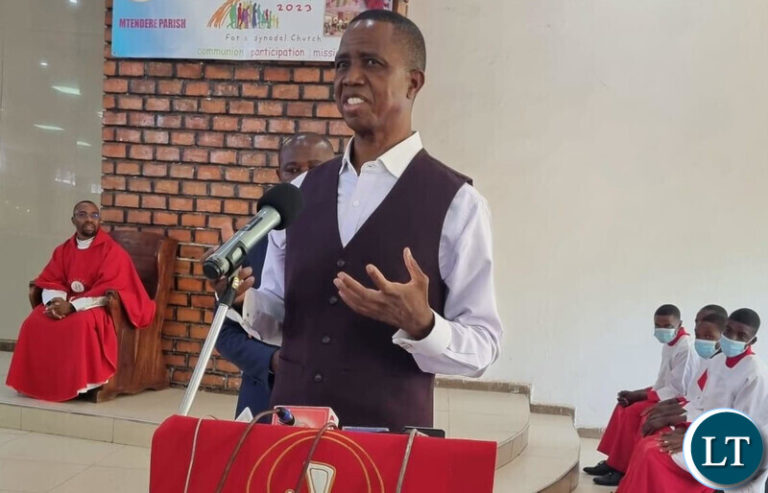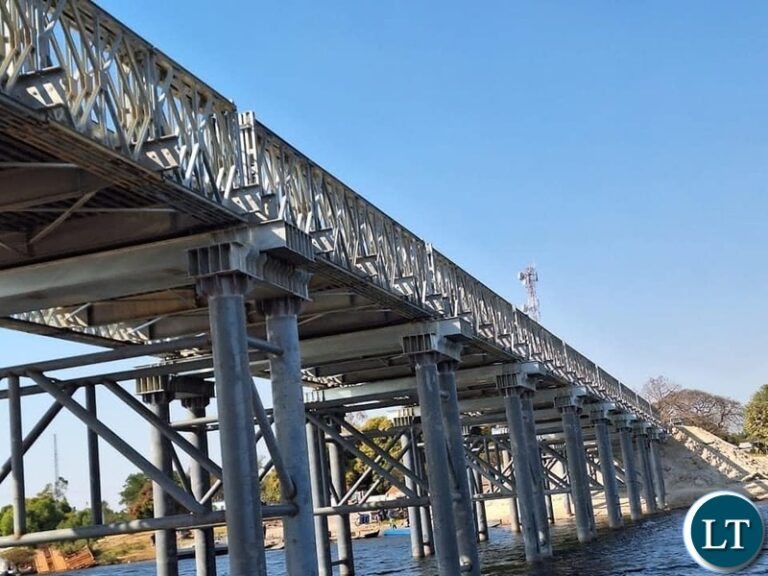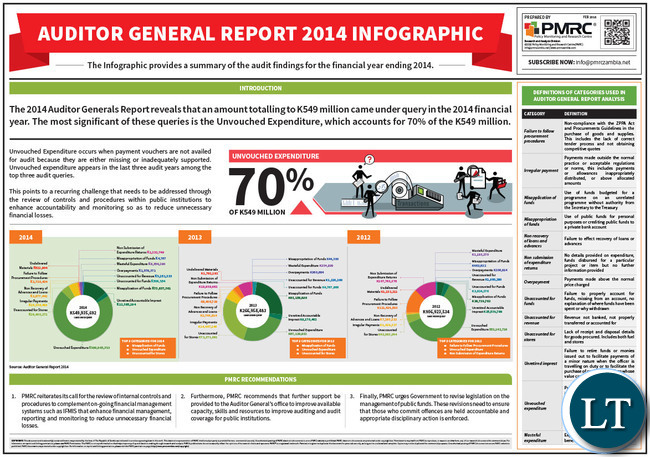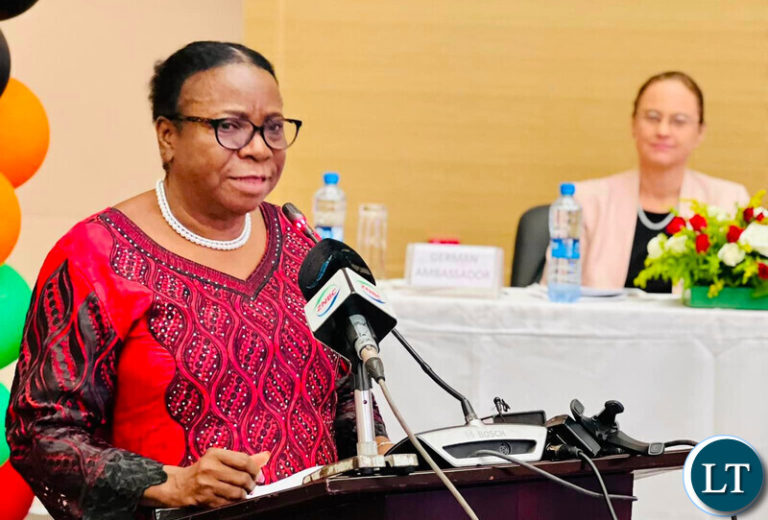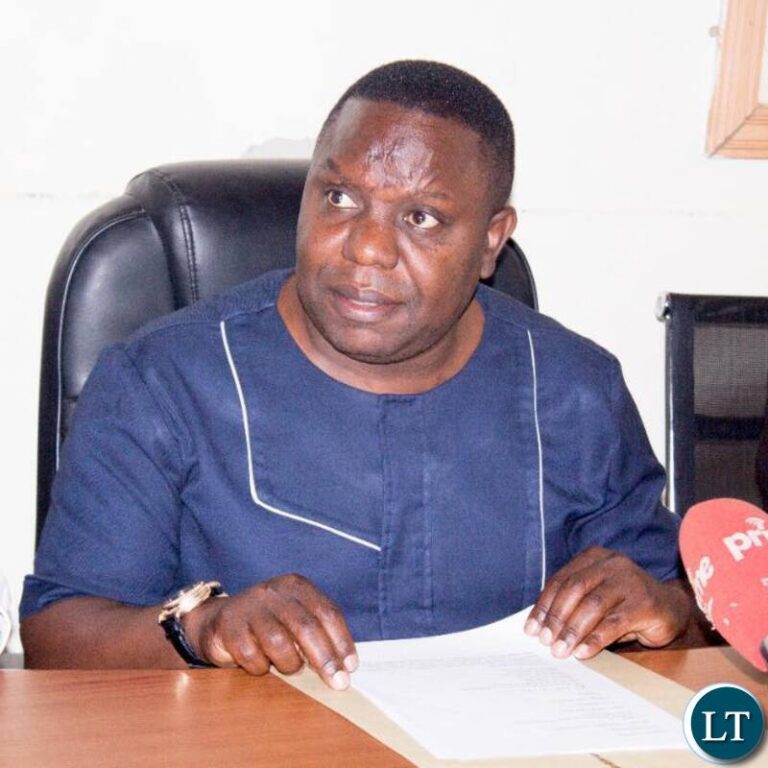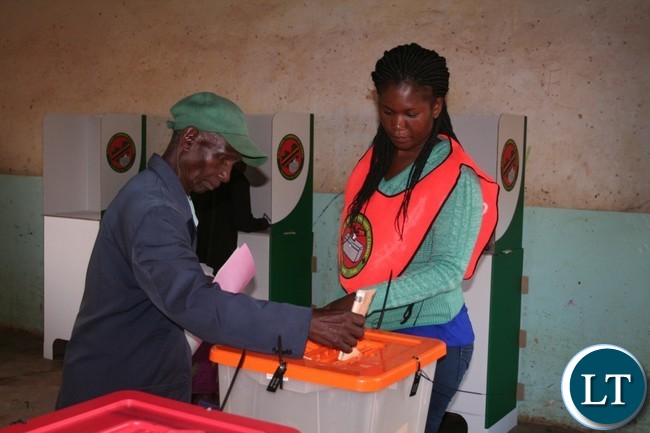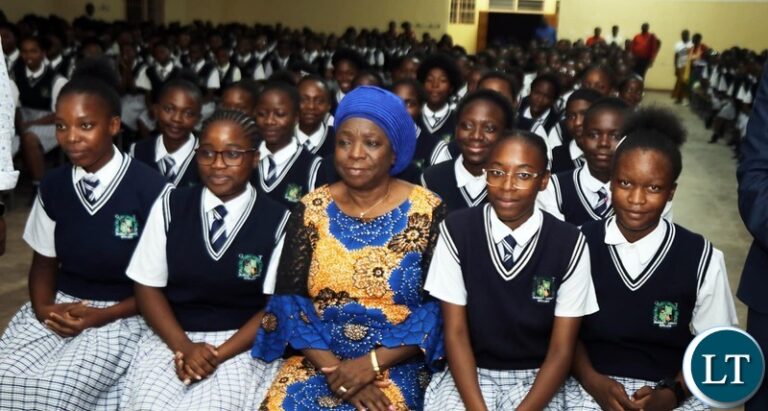Vice President Mutale Nalumango has challenged Zambians to conserve water and avoid water duplication.
Ms. Nalumango says if people do not conserve water, it may lead to food insecurity and malnutrition.
She says government is concerned with the misuse of water, adding that there is an urgent need to preserve the resource.
The Vice President said this today when she officiated at the National Networking Breakfast Meeting ahead of the World Food Day Commemoration which will be held on the 16th of October 2023 under the theme: Water is life, water is food leave no one behind.
Ms. Nalumango added that water is one of the drivers of the economy but that the duplication of water is getting closer day by day.
She said the importance of water cannot be overemphasized as it is the resource for sustaining life and food production.
Ms. Nalumango stated that government working with different stakeholders is ensuring that food is made available to everyone and that hunger is eradicated by the year 2030.
She noted that the eradication of hunger by the year 2030 is in line with the sustainable development goals.
“I am happy to learn that there are a number of activities lined up ahead of the commemoration that will be held on the 16th of this month. And I am sure that this will create awareness of the importance of food and water in our lives as government is doing everything possible to ensure that the country has no hunger.” Ms. Nalumango stated.
Speaking at the same event, Minister of Agriculture Reuben Mtolo said in order to promote water and irrigation systems in the country, the ministry has implemented a number of interventions.
Mr. Mtolo said inventions such as the construction of seven dams in different provinces are under way.
He said once the construction of these dams are completed, they will help improve the water systems in the country.
Mr. Mtolo noted that irrigation systems are also being worked on, adding that government will not allow the country to only be cultivating once a year when the country has good water bodies.
He noted that some large scale farmers are able to manage irrigation systems adding that for some small scale farmers the case is different.
Earlier, European Union (EU) Counsellor- Troika Chairperson for Agriculture Fisheries and Livestock (AgFiLi) Matthias Reusing who commended government for its efforts to end hunger in the country, said there is need to preserve and conserve water and forests in the country.
Mr. Reusing said there is an urgent need to safeguard water bodies and the forests as they are the source of food production.
He said without water and forests there can never be food in the country therefore there is need to invest in the two resources.
“We should not take water for granted. Together with our forests. These two are the source of food. So let us preserve these two if we are to eliminate hunger in the country. Mr Reusing noted.
And the Food and Agriculture Organization (FAO) Country Representative Suze Filippini says the World Food Day is held to create awareness of the need to eliminate hunger in the world.
Ms Filippini said the day is also a reflection of the effective policies and interventions that governments should make to ensure food availability for all.
She noted that every individual regardless of status needs a healthy diet to live a healthy and productive life.
Ms Filippini stated that FAO will continue supporting Zambia to improve nutrition conditions in the country adding that nutrition and malnutrition have continued to be a challenge in the country.
Meanwhile, Speaking on behalf of the National Nutritional Coordinating Committee Chairperson Patrick Kangwa, Deputy Vice Chairperson of the committee Lilian Kapusana says the World Food Day commemoration should remind stakeholders of the multi sectoral approach to end zero hunger in the country.
Mr Kangwa said the breakfast meeting is one of the events that are lined up ahead of the World Food Day Commemoration which will be held on the 16th of October 2023.
He said a food fair and a farming demonstration will be held before the commemoration.
She has since called upon stakeholders to come on board and partner with government not only to hold a successful World Food Day commemoration but also to end hunger in the country.


